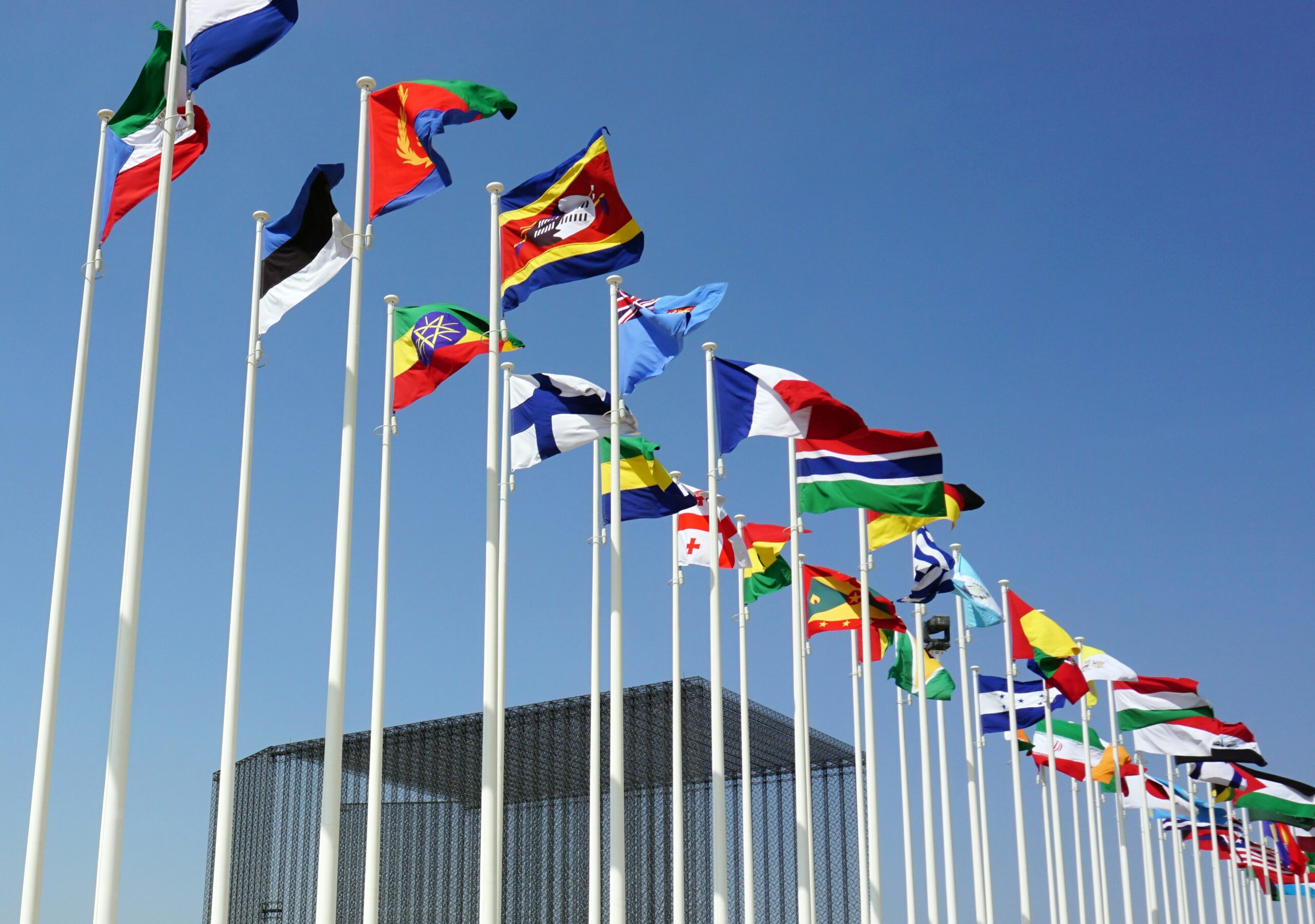Our social world is filled with mimetic impulses. Mimesis is in our nature. It is unlikely that we would be able to solve many issues regarding social alienation and relationships without appreciating the power of mimesis. This is both good and bad. Wikipedia offers a broad definition of mimesis: ‘Mimesis is a term used in literary criticism and philosophy that carries a wide range of meanings, including imitatio, imitation, nonsensuous similarity, receptivity, representation, mimicry, the act of expression, the act of resembling, and the presentation of the self.
Mimesis is witnessed every day; it is embedded in the sinews of life. The most predictable trajectory of humanity is to copy or emulate what others do. It becomes most pernicious when the desire for things we do not truly need – beyond the vanity they confer – or the obsession with an object solely for the sake of status creates social dissonance and alienation.
False needs overshadow real needs. The philosopher who re-examined the longstanding philosophical enquiry into desire, pleasure, and happiness was the French thinker René Girard.



